MS-ESS3-2
Analyze and interpret data on natural hazards to forecast future catastrophic events and inform the development of technologies to mitigate their effects.
-
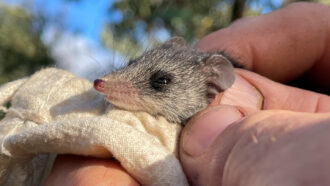 Animals
AnimalsPalm-size marsupials may face extinction from wild ‘house’ cats
After surviving Australian bushfires, the Kangaroo Island dunnart is losing ground as it's targeted by hungry predators.
By Asa Stahl -
 Climate
ClimateUN report calls for two-pronged approach to slow climate impacts
The latest IPCC climate change report underscores an urgent need for action to avoid the worst consequences of global warming.
By Nikk Ogasa -
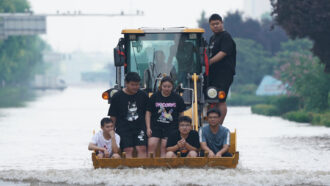 Climate
ClimateNuevo informe de la ONU sobre el clima: no hay tiempo que perder
En el informe de la ONU se vinculan directamente las temperaturas extremas, lluvias e incendios en todo el mundo con el clima cambiante de la Tierra.
-
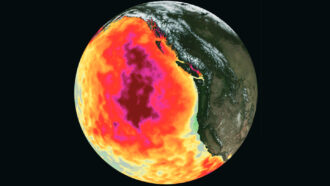 Climate
ClimateWorld’s oceans have warmed to a ‘point of no return’
More than half the global ocean sees temperature extremes that 100 years ago were rare.
-
 Environment
Environment‘Mining’ cryptocurrencies pollutes the real world
Bitcoin and other cryptocurrencies exist only online. Yet the environmental impacts of their networks affect the real world.
-
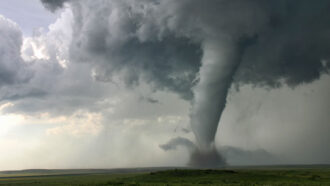 Earth
EarthLet’s learn about tornadoes
Tornadoes are often spawned by thunderstorms — but can also emerge from hurricanes and wildfires.
-
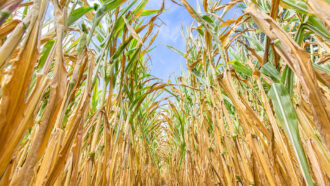 Life
LifeIn blazing heat, some plants open leaf pores — and risk death
When heat waves and droughts collide, water is precious. Some thirsty plants try to cool off by opening tiny pores — only to lose water even faster.
-
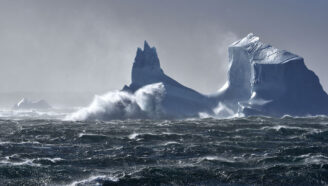 Life
LifeFrom icebergs to smoke, forecasting where dangers will drift
Smoke drifts. Fish eggs float downstream. Where such drifting things end up may seem a mystery. But research can predict where they’ll end up.
-
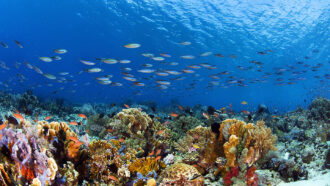 Earth
EarthAnalyze This: Nutrients from sewage may harm coastal ecosystems
A new model suggests that 58 percent of coral reefs and 88 percent of seagrass beds are exposed to excess nitrogen from wastewater.
-
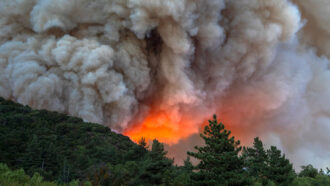 Environment
EnvironmentWildfire smoke seeds the air with potentially dangerous microbes
Studies now show that most wildfires don’t kill microbes. That’s fueling worries about what risks these smoke hitchhikers might pose to people.
By Megan Sever -
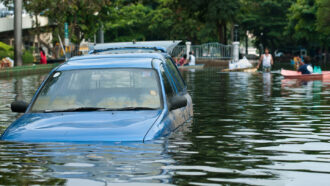 Environment
EnvironmentWarming cities may see more rain — and frequent flooding
Scientists are seeking to understand why and how to mop up excess precipitation.
-
 Climate
ClimateNew UN climate report finds no time for denial or delay
It links extreme weather around the globe to Earth’s changing climate.